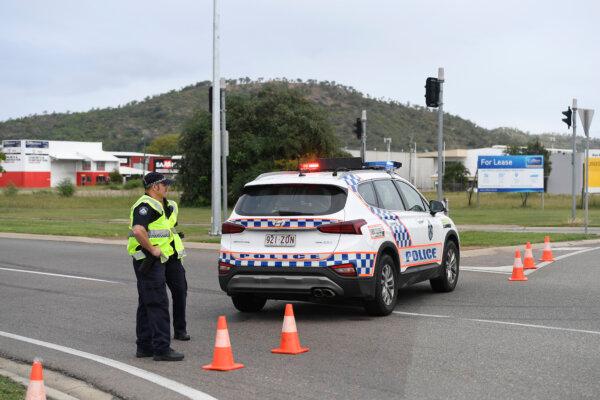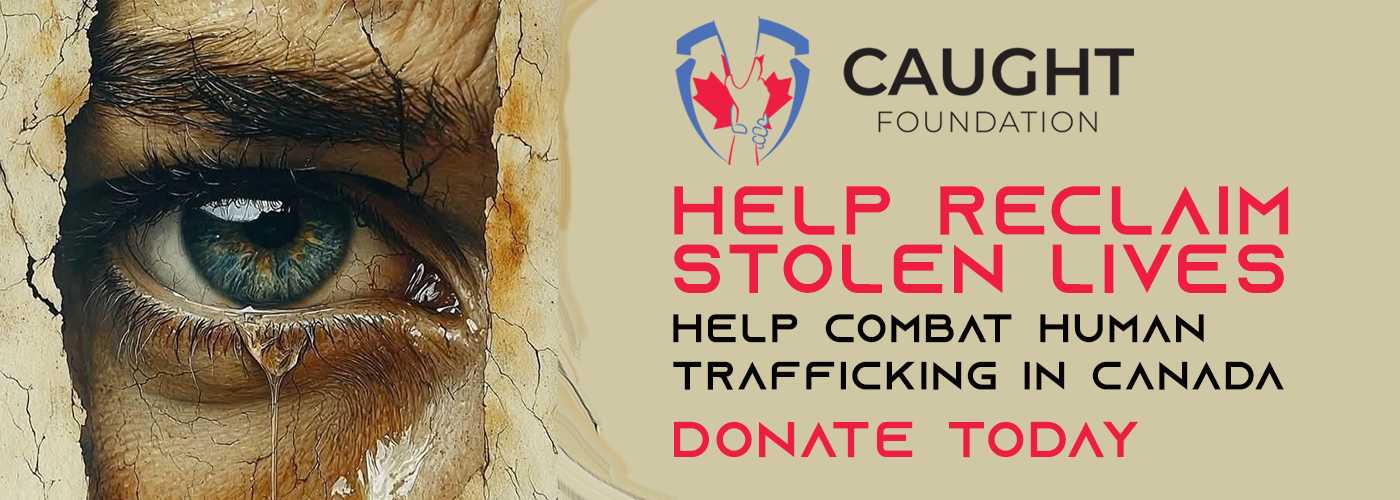SHINE for Kids CEO was concerned that the current youth justice system was ineffective in preventing children from committing crimes.
The CEO of a national charity has warned that over eight in ten Australian children released from youth detention would recommit offences within a year.
At a recent parliamentary inquiry, Julie Hourigan, CEO of SHINE for Kids, raised concerns about the effectiveness of the current youth justice system in preventing crimes.
“Over 80 percent of young people released from sentence detention return inside within 12 months of release,” she told the Legal and Constitutional Affairs References Committee.
“This revolving door costs taxpayers enormously while doing little to address the root causes of offending and reoffending.”
Other experts echoed her concerns, warning that harsher policies in some states were likely to worsen youth crime rather than reduce it.
Harsher Laws, Higher Reoffending Rates
Despite evidence that punitive measures fail to rehabilitate, some states have introduced tougher laws in response to community concerns about youth crime.
Queensland’s new laws, passed in December 2024, now allow adult sentences for minors convicted of serious crimes, such as murder, manslaughter, grievous bodily harm, and robbery. The laws also remove detention as a last resort for minors. The laws also remove detention as a last resort for minors.
The new measures were a response to the youth crime crisis in the state, with 50,000 incidents of youth crime recorded in a 12-month period.
While the laws sparked criticism and objections from human rights groups, the Queensland government said they were what voters asked for and would restore safety in the community.

Police are seen directing traffic at the scene of the car accident involving teenagers in Townsville, Australia, on June 07, 2020. Ian Hitchcock/Getty Images
The Northern Territory recently lowered the age of criminal responsibility age from 12 to 10, alongside stronger bail laws and mandatory minimum sentences for assaulting workers.
Joanna Rostami, CEO of the Australian Youth Affairs Coalition, warned that these measures would likely exacerbate the problem.
“The punitive approaches in place today not only fail to rehabilitate young people who have offended, but often worsen outcomes instead of reducing youth crime,” she said.
“These measures often stigmatise and marginalise young people, especially those from vulnerable backgrounds.”
While some state governments argue that these laws are necessary for public safety, data suggests a growing disconnect between tougher sentencing and actual crime trends.
In Queensland, more than 20 percent of subsequent re-offences increase in severity, indicating detention may be making offenders more dangerous.
In Victoria, overall youth crime is falling steadily, but repeat offenders are committing more crimes than before.
Breaking the Cycle: Prevention Over Punishment
To tackle the issue, experts argue that prevention and early intervention are the real solutions to youth crime.
“We need national leadership to identify and respond,” Hourigan said. “It is essential to identify at-risk children before they disengage, disconnect, or offend.”
One key issue is the strong link between parental incarceration and youth crime. Hourigan said that children who had a parent in prison were six times more likely to end up in youth justice than a child who did not.
“When a parent or a primary carrier carer is arrested, their dependent children face sudden separation, which is highly distressing and traumatic and is compounded by living disruptions and instability, family breakdown, child protection interventions, poverty, … and inadequate connection to trusted support,” she said.
Hourigan said Australia currently had around 44,000 kids experiencing parental incarceration and that there was no ministerial accountability for those children in the states they lived.
Experts have urged the government to learn from youth justice models overseas, such as Scotland, Spain, and Ireland, where systems integrate rehabilitation with justice rather than relying on detention.







